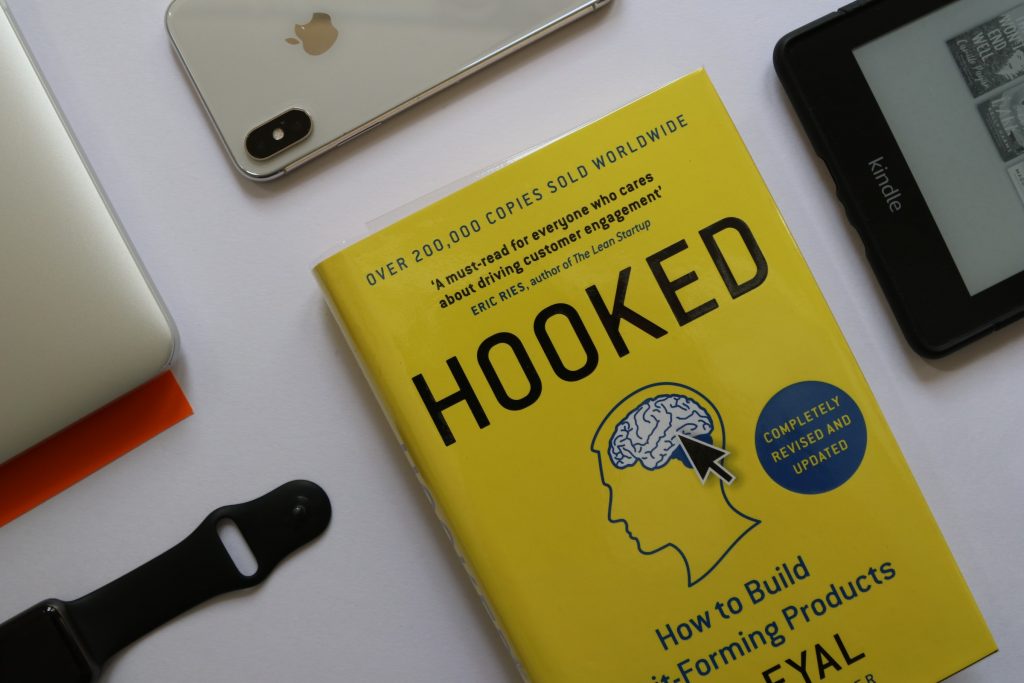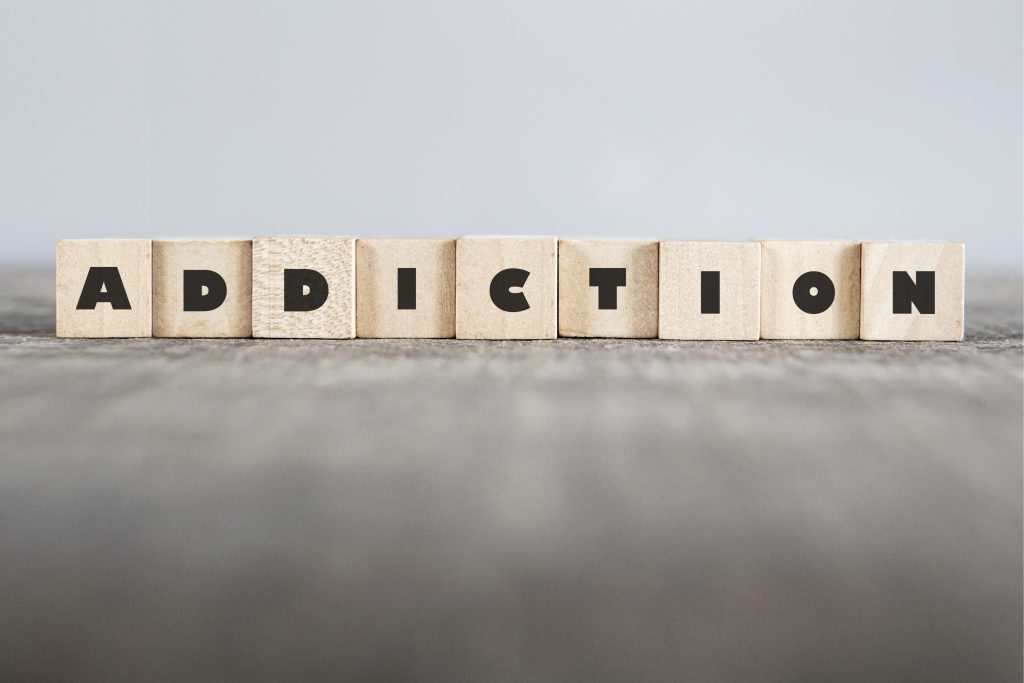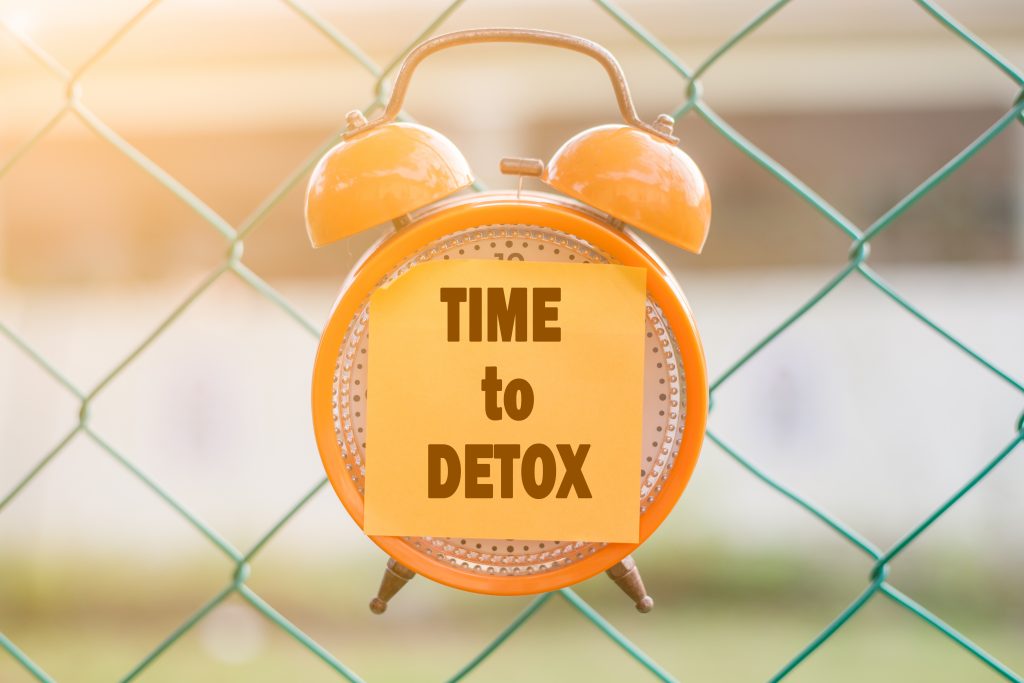Addiction is the utmost level of obsession, all-encompassing and all-pervasive. The alcoholic cannot function without the booze, nor can he or she perform with it.
Everyone gets obsessed in some measure sometimes.
Children may get addicted to a food item or game; a teenager may be preoccupied with friends on social media; a professional may get so absorbed with work that he begins to ignore family commitments.
However, these obsessions may mitigate over time and certainly do not endanger the person’s life. Alcoholism or drug abuse is a different matter altogether.

Who is an addict?
An alcoholic or drug addict is someone who continues to use substances despite adverse consequences. Some of the common symptoms are:
- Addiction takes precedence over family and friends
- Losing interest in activities which one enjoyed earlier
- Eyes are a give-away. Dazed, bloodshot, dilated or any abnormal appearance are a clear indication
- Going to any lengths to obtain the substances – constant borrowing or even stealing money
- Staying away from home and lying about locations and activities
- Increasing health problems and frequent injuries
Beginning recovery from addiction
The first step on the road to recovery is honesty. You have to honestly admit to yourself that you have a problem with addiction.
This is an essential but difficult step. Most alcoholics do not accept that they have an issue, despite overwhelming evidence.
Next step is to be willing to go to any length to beat the addiction – just like they did anything to acquire their substance.
Addicts and alcoholics may try to address their addiction by themselves but usually fail to do so. At this stage, they need to be open-minded to getting professional support.
There are several options open to the individual willing to reclaim his or her life from the debilitating situation of an out-of-control obsession with substances.

One way is to locate the nearest Alcoholics Anonymous or Narcotics Anonymous group near you and start participating in their meetings. You’re sure to feel welcomed.
But if, for some reason, you are not comfortable as yet with these self-help groups, enrol in a residential addiction treatment facility. It may be a little expensive but is likely to be worth it.
The third option is to get in touch with a home-based addiction treatment service. The option is convenient and confidential. You also get to continue to do your usual activities while undergoing therapy.
Addiction recovery starts with withdrawal management after initial assessment by a professional. Withdrawal symptoms vary, depending on the duration, type of substance and intensity of use and the physical condition of the individual.
This is managed by a medical professional who tries to minimise the risk and pain associated with withdrawal.
Maintaining your sobriety
Addiction is a highly relapse-prone condition, and detox is only the beginning of the process.
You have to maintain your clean and sober status. After the detoxification process, continued therapy is always recommended to avoid relapse.
Your therapist will work with you while you explore your deep-rooted issues since childhood. Any co-occurring problems will also be addressed.

Addition recovery leads to a calmer, more joyful and fulfilling life. Broken relationships are mended, and aspirations are fulfilled. In sobriety, a new life of self-discovery emerges – a continuing journey of ever-expanding horizons.
Call Freephone 0800 1404044 and re-discover the joys of life!



